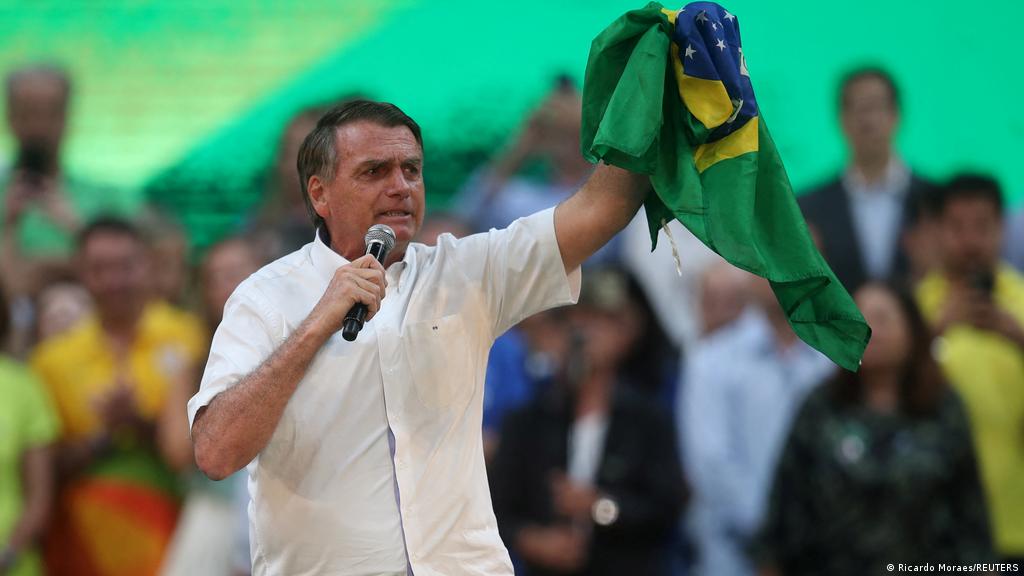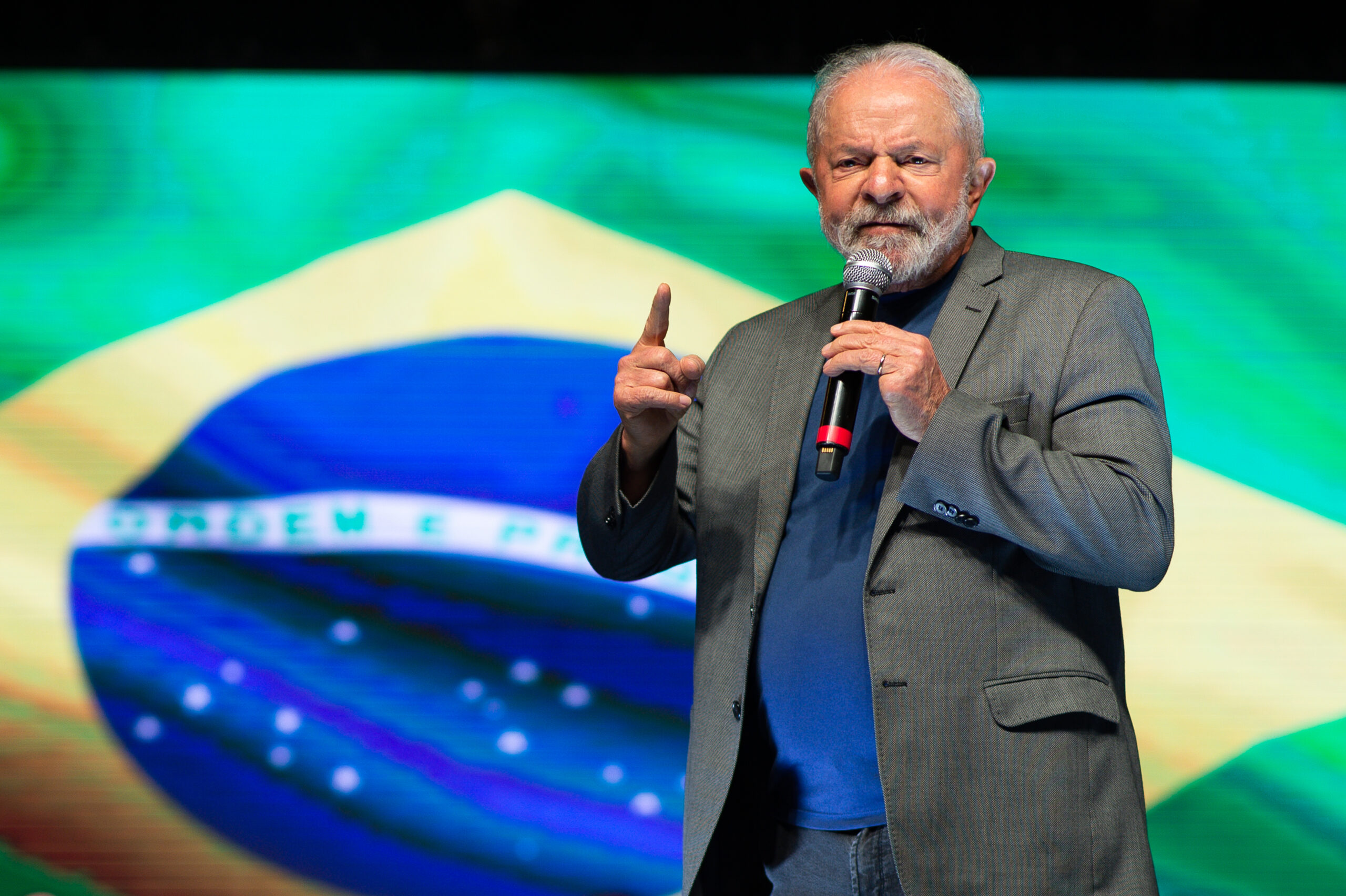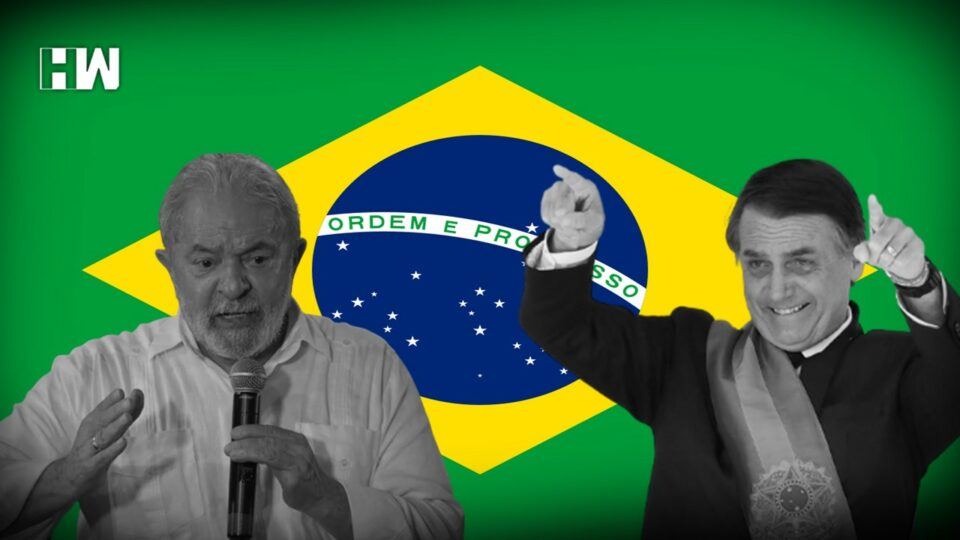Brazil, the largest country in both South America and Latin America, is all set to elect its new President on Sunday, October 2 in the first round of voting. The world’s fourth largest democracy, which had tilted towards the conservatism by electing far-right leader Jair Bolsonaro in 2018, is now on the brink of a historic election, as former President and leftist leader Luiz Inácio Lula da Silva challenges Bolsonaro for the top post.
With over 156 million registered voters, Brazil is the second largest democracy in the Americas and one of the largest in the world. This is what makes the contest important for democracies across the world, as progressives fear the Brazil’s constant deterioration towards authoritarianism under Bolsonaro could also impact the global order.
As Brazilians vote today to elect its new President, let us take a look at the electoral process of the country, two main participants in the fray and current trends at the time of voting.

How elections happen in Brazil?
Brazil, on October 2, holds the President, Vice President, and the National Congress. Elections for state Governors and Vice Governors, State Legislative Assemblies, and the Federal District Legislative Chamber will also be held at the same time.
The President and Vice President of Brazil are elected as a joint ticket using the two-round system. The first round of elections is held on the first Sunday of October (in this instance, 2 October 2022). A candidate who receives more than 50% of the total valid votes in the first round is elected. If the 50% threshold is not met by any candidate, the two candidates who receive the most votes in the first round participate in a second round of voting, held on the last Sunday of October (in this instance, 30 October 2022), and the candidate who receives the most votes in the second round is elected.
Voting in Brazil is allowed for citizens over 16 years old and mandatory for literate citizens between 18 and 70 years old (except conscripts, who are not allowed to vote during mandatory military service).Those who are required but do not vote in an election and do not present an acceptable justification (such as being absent from their voting locality at the time) must pay a fine, normally R$3.51.
Jair Bolsonaro- the Trump of tropics
On October 2, far-right incumbent Jair Bolsonaro will seek re-election. Bolsonaro, a former military officer who has been the 38th president of Brazil since 1 January 2019, has had a controversial tenure marked by incendiary speech, his testing of democratic institutions, his widely criticized handling of the COVID-19 pandemic and the worst deforestation in the Amazon rainforest in 15 years.
However, in synch with the rise of the right-wing and strongmen around the world, Bolsonaro has also built a devoted base by defending traditional family values, rebuffing political correctness and presenting himself as protecting the nation from leftist policies that infringe on personal liberties and produce economic turmoil.
The leader, sometimes referred to as Trump of tropics, has his prospects of winning the polls hampered with high inflation and unemployment.
In the run up to the general elections, Bolsonaro has repeatedly questioned the reliability not just of opinion polls, but also of the electronic voting machines. Political observers fear that Bolsonaro could redo Trump’s antics of not accepting the results if he loses.

Luiz Inácio Lula da Silva- the leftist challenger
Lula, a former metalworker and union leader, rose from poverty to the presidency and is credited with building an extensive social welfare program during his 2003-2010 tenure that helped lift tens of millions into the middle class.
However, Lula also battles perception of being corrupt due to his administration’s involvement in vast corruption scandals that entangled politicians and business executives. Lula himself was convicted for corruption and money laundering, and spent 19 months in prison, effectively losing a chance to run in 2018 President’s elections that polls indicated he had been leading against Bolsonaro. The Supreme Court of Brazil later annulled da Silva’s convictions on the grounds that the judge was biased and colluded with prosecutors.
While Lula has reassured some investors that he would not trigger a disruptive break in economic policy, he has also has vowed to make a sharp departure from Bolsonaro’s environmental policies after deforestation in the Amazon rainforest hit a 15-year high. Lula has pledged to combat logging, step up protection of the biome and local tribes, and make Brazil a protagonist in climate diplomacy.

Current trends
The final electoral polls on the Brazilian presidential race on Saturday, just a day before votes are cast, suggested that former president Luiz Inácio Lula da Silva could clinch an outright victory in the first round.
Lula raced ahead with 50% of valid votes, while his rival and President Bolsonaro lagged at 36%, showed Pollster Datafolha. A candidate needs more than 50% to avoid a runoff. Datafolha, with 12,800 Brazilians interviewed in person across 310 cities, has carried the largest poll.
Ipec, another highly anticipated poll released Saturday, showed Lula leading with 51% of valid votes, while Bolsonaro was at 37%.
Polls have reinforced the prospects of Lula winning an outright victory, ending the contest without the need for a runoff. If none of the contenders beats the 50% mark, a runoff will be held on Oct. 30.
As an independent media platform, we do not take advertisements from governments and corporate houses. It is you, our readers, who have supported us on our journey to do honest and unbiased journalism. Please contribute, so that we can continue to do the same in future.

